A post by
Nina Anika Klotz
freelance author
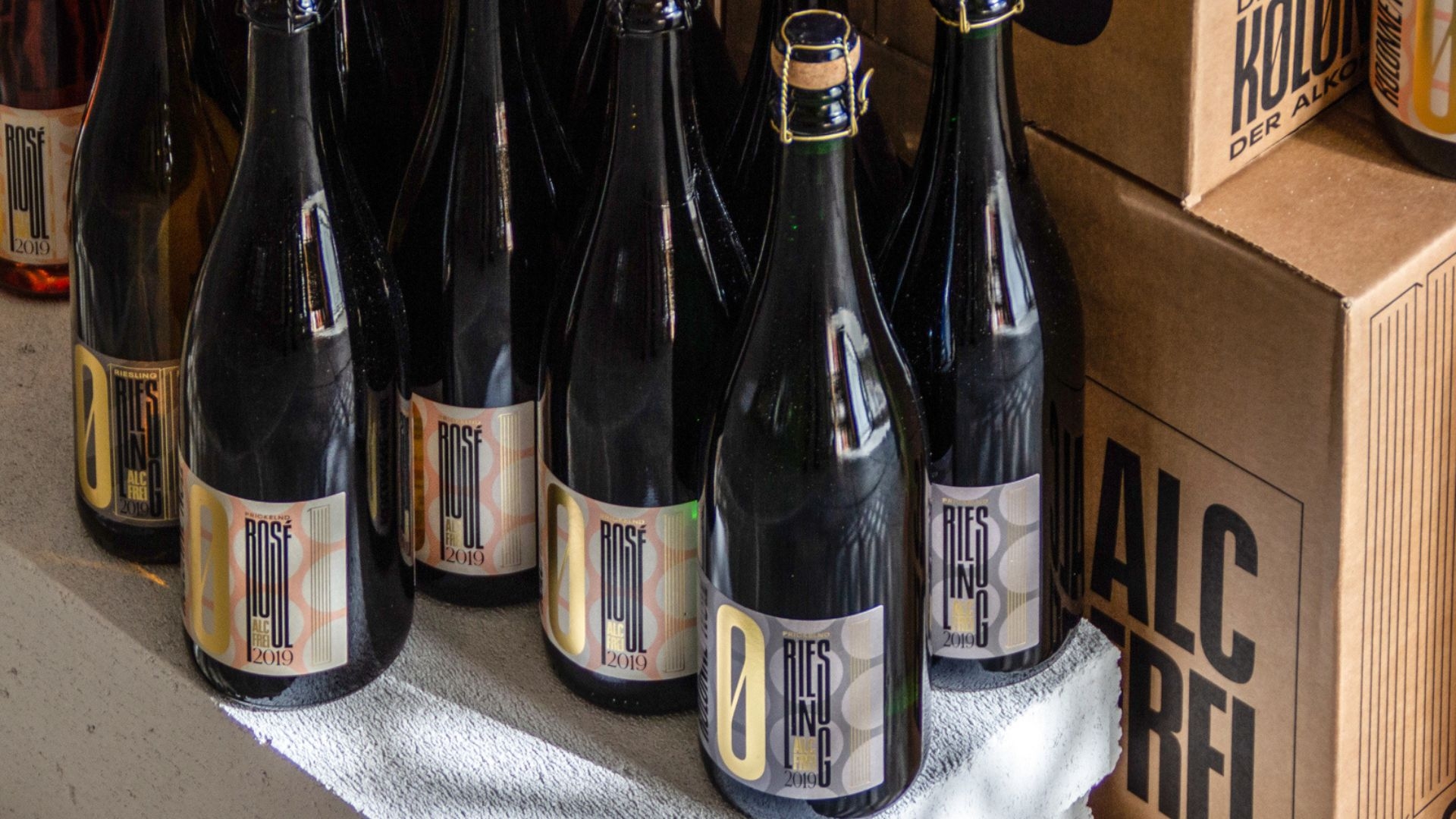
With Kolonne Null, two Berlin founders are turning the previously rather dull market for alcohol-free wines in Germany upside down. They are catering to the alcohol-free megatrend and tapping into the zeitgeist of consumers. But how does the aroma stay in the wine? Nina Anika Klotz asked.
Released on 15/04/2021Updated on 09/07/2024
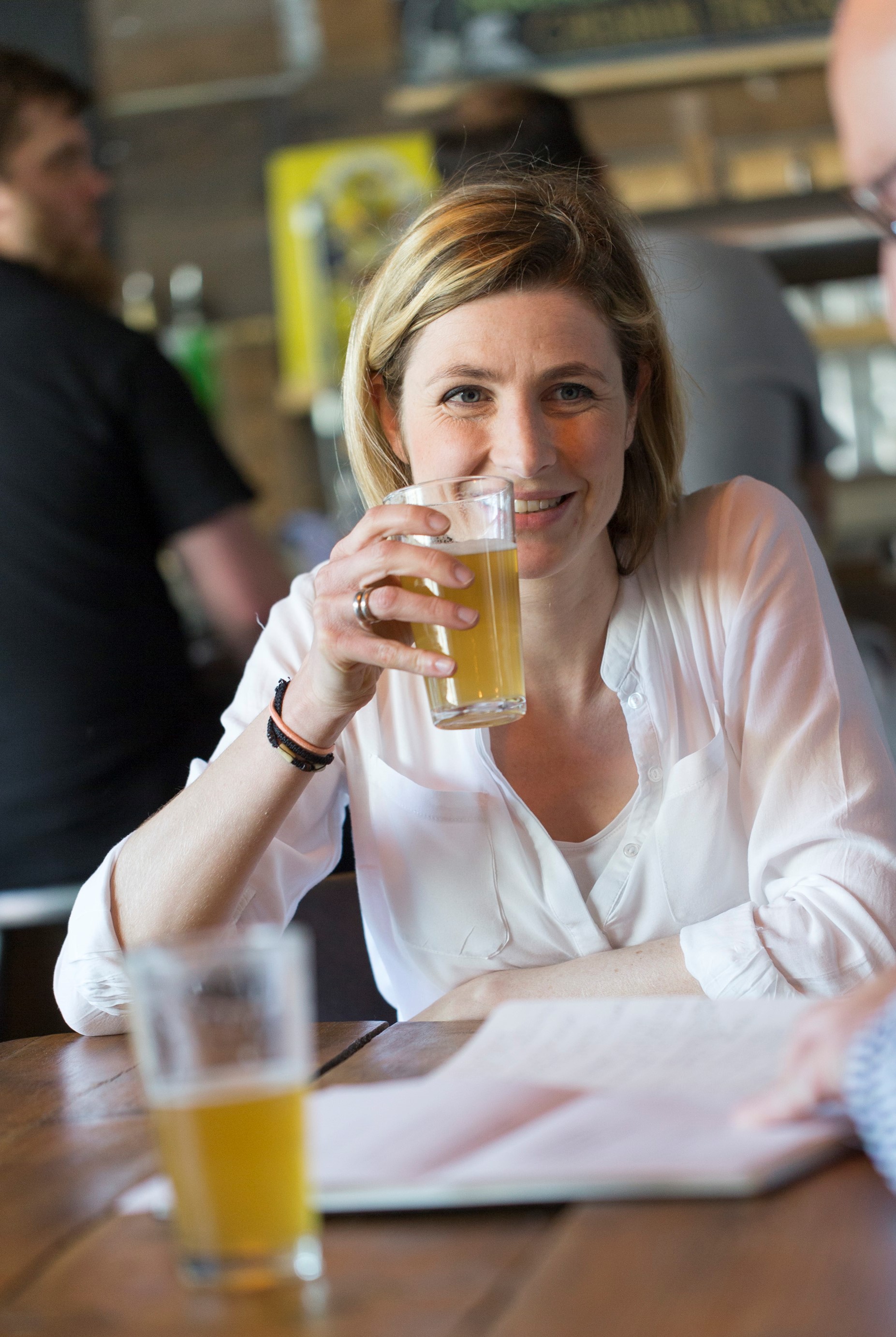
A post by
Nina Anika Klotz
freelance author
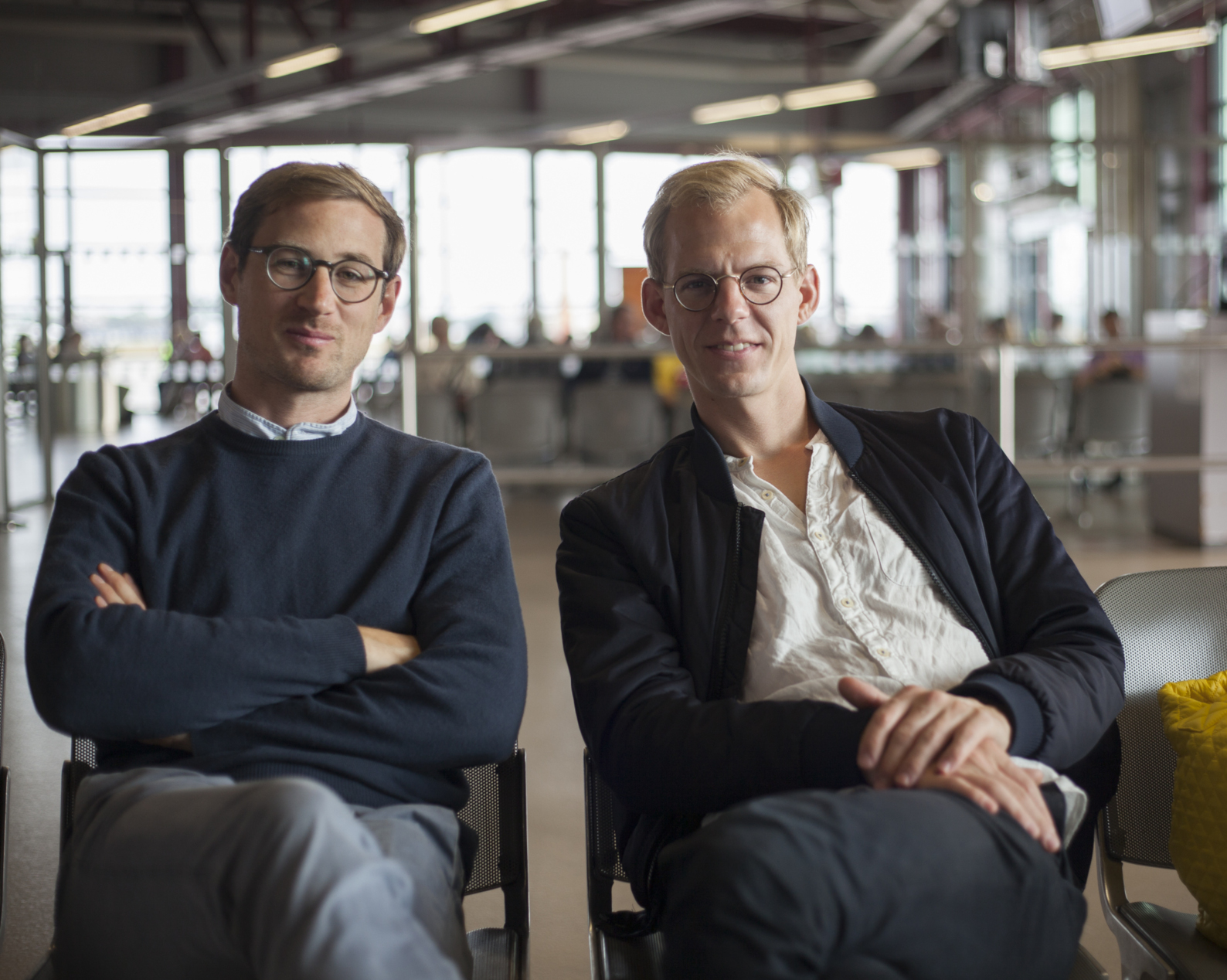
Moritz Zyrewitz and Philipp Roessle of Kolonne Null
Moritz Zyrewitz and Philipp Rößle say that they actually encountered pretty much every form of rejection at the beginning. Winemakers and wine merchants laughed at them, didn't take them seriously, declared them crazy. And they kept asking the question: Why? Why the hell would you make a wine without alcohol? Why would you sell something like that?
Yes, well. For the same reason that you make and sell every conceivable product in the world: Because that's what customers want. Alcohol-free is a megatrend. The beer and beverage industry is well aware of this. Low and no alcohol meets the zeitgeist. That's why the non-alcoholic beer segment has been growing for a long time and why there has been such a thing as non-alcoholic spirits for a few years now.
"But what was available in the non-alcoholic wine sector was frighteningly unspectacular or even unpalatable," says Philipp Rößle, thinking back to the beginnings of Kolonne Null.
He and Moritz Zyrewitz have known each other for a good decade, during which time they have met every now and then after a night of drinking over an aspirin in the morning. At some point during one of these morning encounters, they started thinking about alternatives. Alternatives that would make them look good at fancy evening events, that they would actually enjoy holding in their glass and in their hand.
Alternatives to alcohol, but also to party pooper mineral water and Boringboring apple spritzer. It had to be high quality. Somehow noble. Matured, perhaps even. At first they had Ayurvedic spiced water in mind - but then it was actually more like wine!
"It's not about creating an identical-tasting substitute. We are making something that is made from wine and in a way is also a wine. It is drunk on the same occasions as wine, namely as an accompaniment to food and as a toast at weddings, birthdays and so on.
Even with non-alcoholic wines, you can taste the characteristics of different grape varieties and growing regions, but it's still a new drink and flavour experience," says Rößle, explaining Kolonne Null's products.
The Berlin-based company's portfolio now consists of three wines and two sparkling "Sekt" variants, including a Riesling, a Burgundy, a rosé and a red wine cuvée. The top seller is the rosé "Sekt" by a narrow margin. "Everyone kind of loves it," says Rößle.
The Berliners create the non-alcoholic wines in co-production with award-winning family wineries. The portfolio includes wines from the Nahe, the Mosel, the Austrian Weinviertel, the French Provence and Spain. Quality and close collaboration with the winegrowers are decisive factors in the selection of wines.
In 2019, Rößle and Zyrewitz produced 500 bottles of non-alcoholic wine with a winegrower and took them to Berlin's weekly markets. Testing market maturity, so to speak, very close to the customer. And: the topic was well received.
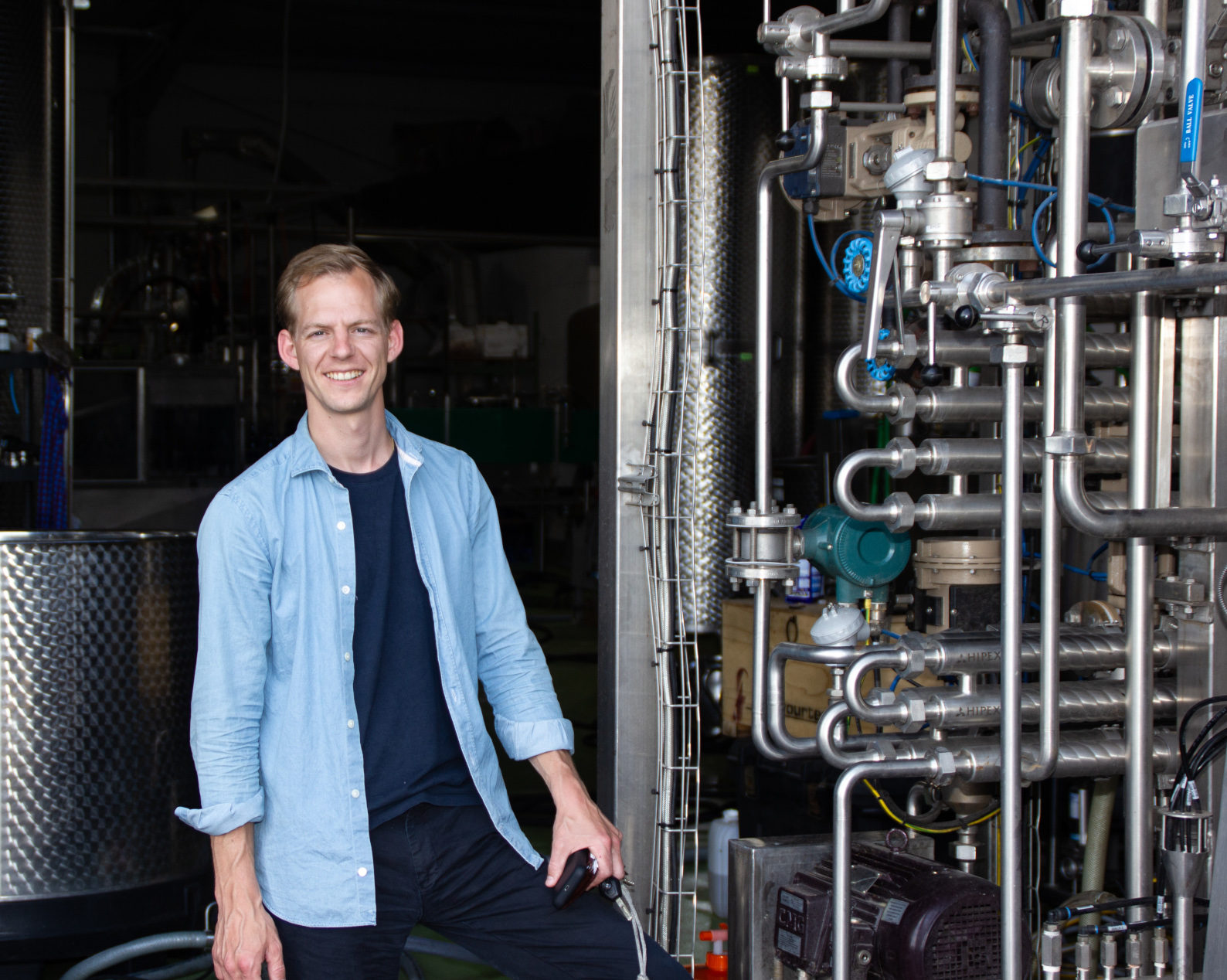
Philipp Roessle in front of the Kolonne Null dealcoholisation plant
For the production of their alcohol-free wines, they buy finished wine from winegrowers. From renowned winegrowers, from award-winning wineries. Their names can then be found on the bottles of the alcohol-free Colonne Null wines.
Rößle and Zyrewitz quickly realised that not every wine is suitable for dealcoholisation. After all - as is widely known - alcohol binds flavours, can mask off-flavours or emphasise good things.
With some grape varieties, the dealcoholised result tastes better, with others worse. "However, this varies so much that it's impossible to say in general terms which ones," says Rößle.
Yes, aromatic grape varieties such as Muskateller or Gewürztraminer have the advantage that their particularly distinctive notes can be clearly tasted even after dealcoholisation.
Melting Burgundy varieties from the south manage to retain their creaminess. Or the strength of character with acidity and minerality of a Riesling is also good because it ensures recognisability in an alcohol-free version.
However, Rößle adds: One winemaker's Riesling may taste great without alcohol, another's may not. And harvests also differ: the wine that worked perfectly one year may have a lack of flavour the next after dealcoholisation.
"Ideally, we now sit down with the winegrowers before the harvest and consider which of their wines we should develop and how, in order to make a particularly appealing alcohol-free wine," he says. "Our laboratory team works with various institutes and research facilities to find out exactly why this is the case. But in the end, that's just the way it is: Wine is a natural product and that turns out differently every year."
What is not natural, however, is the dealcoholisation process, which Kolonne Null is constantly developing further. Basically, the young company relies on vacuum distillation. "You can think of it like traditional distillation in a distillery," explains Moritz Zyrewitz. "The wine is heated to around 70 degrees and the alcohol evaporates. Vacuum distillation works in the same way, except that the temperature here is between 30 and 35 degrees. The process is gentler.
When distilling schnapps, I want as many flavours as possible in the alcohol that evaporates and as few as possible in the remaining liquid. We, on the other hand, want the opposite. We want the alcohol to go out but as much flavour as possible to remain in the wine."
The duo looked at dealcoholisation plants in Spain and California, carried out tests at various research institutions and rented various plants from different providers in Germany.
"In the end, we even rented our own plant in the summer of 2020 and worked with winegrowers and two universities to dealcoholise more than 20 wines, making our first own products," says Moritz Zyrewitz.
"We have made a very clear commitment: we are not a marketing and sales hive. We want to go into this depth of technology," says Philipp Rößle. "Our first employee was a beverage technologist. The product team has three people - with a total of 20 employees."
"We want to invest in technology in order to own it," adds his partner Zyrewitz. "However, a system like the one we have in mind costs two to three million euros and is therefore not immediately affordable for a young company."
But it is the declared medium-term goal, which also sounds a bit like a dream: Ideally, Kolonne Null would like to establish a headquarters just outside Berlin - "because that's where you have to go if you also want to own a few vineyards."
It was to be similar to a French champagne house, with its own production facility, laboratory, research and catering. "We dream of becoming a successful medium-sized company in the wine and beverage sector," say the start-up founders.
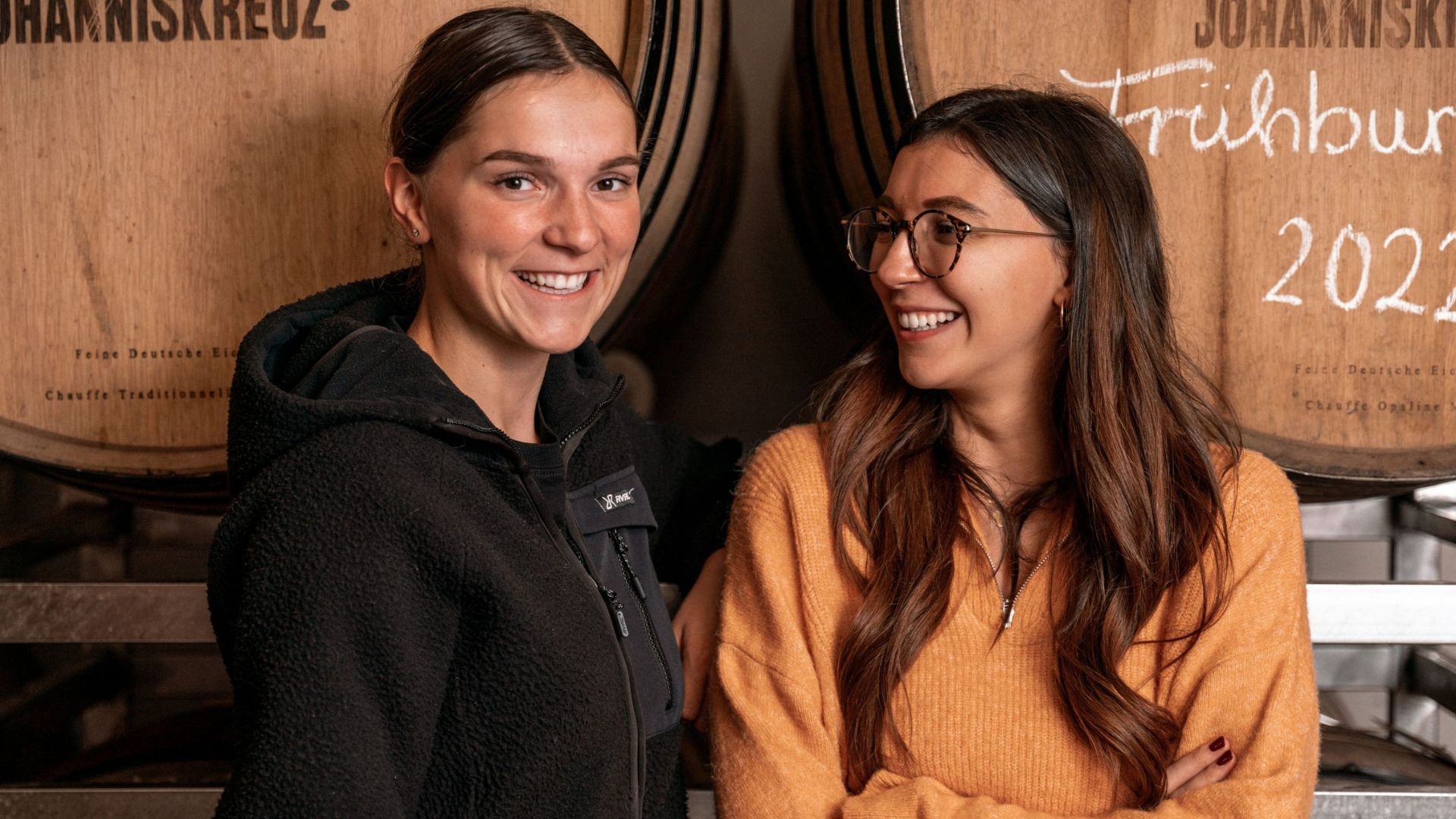
Young female winemakers
A post by Sylvia Kopp
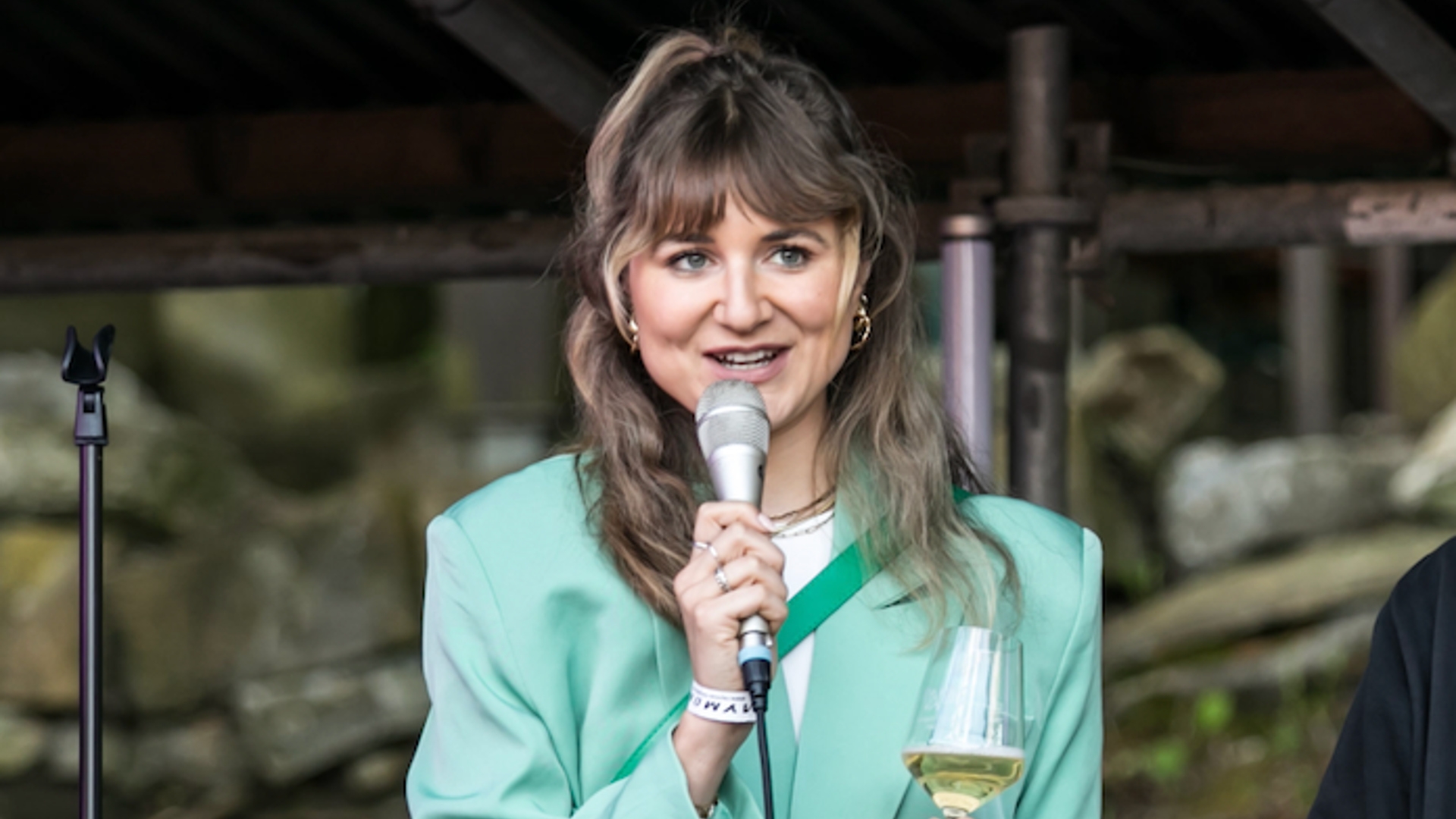
Sober Lifestyle
A post by Nina Anika Klotz
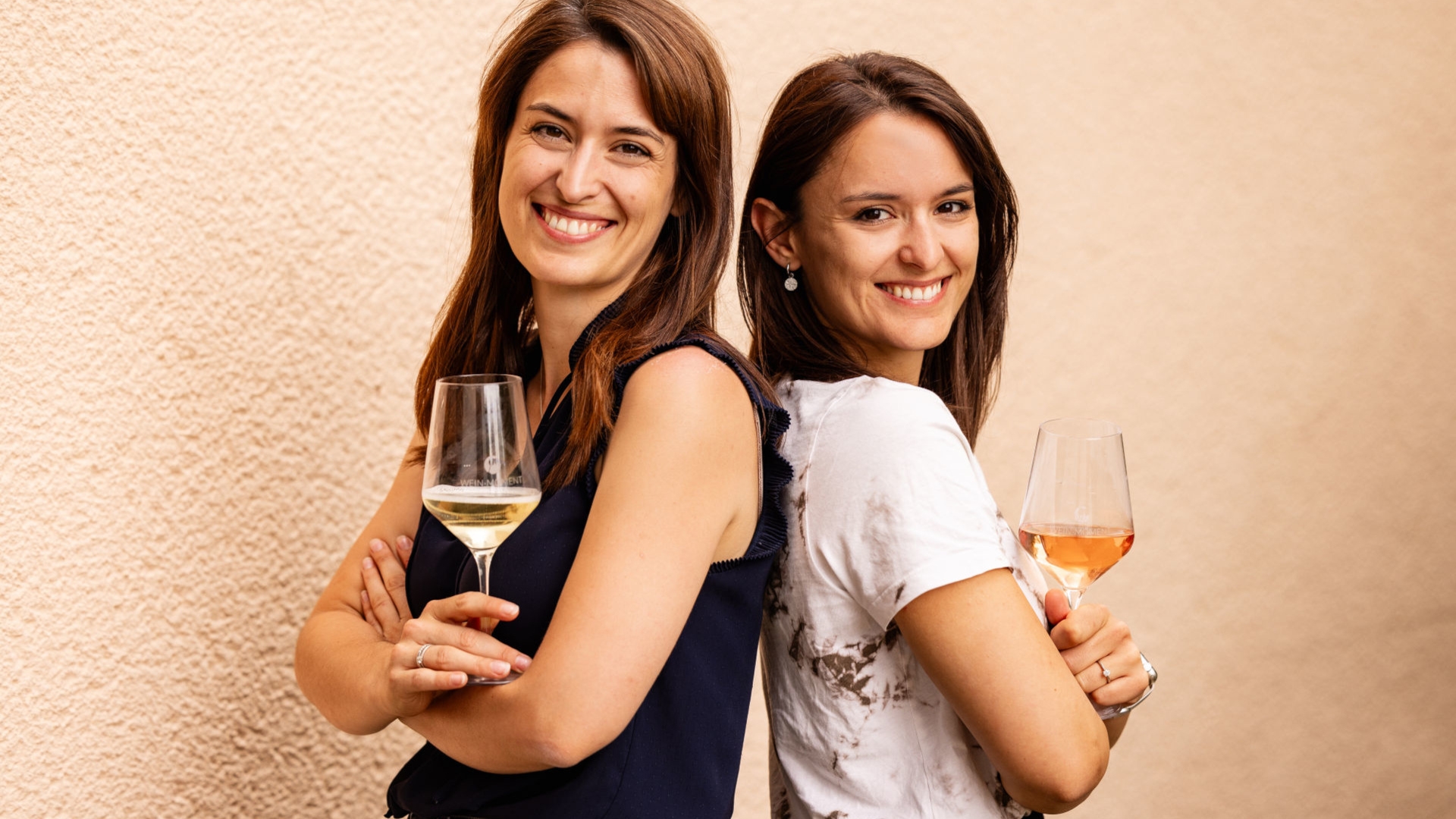
More than classic wine tastings
A post by Nina Anika Klotz
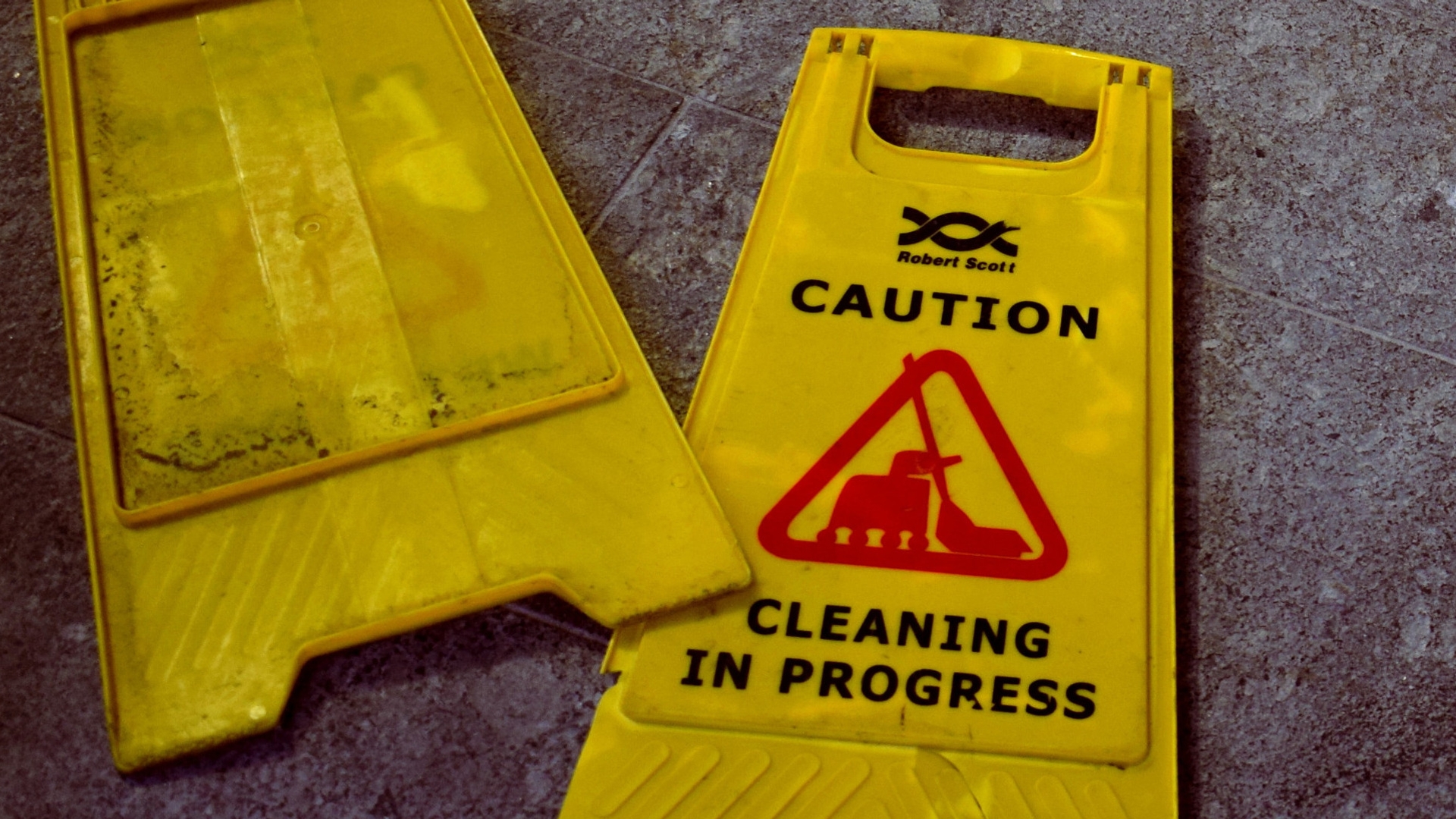
Quality assurance
A post by Dr. Jürgen Hofmann